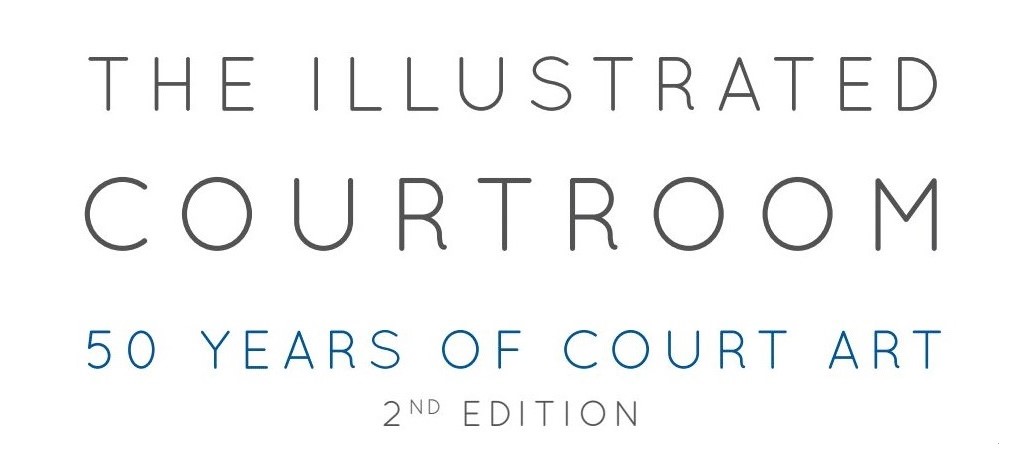by Michael Goldhaber Law.com
Appellant
Javier Piaguaje, one of the Ecuadorean plaintiffs, on the stand in New
York in 2013. (ILLUSTRATION: Elizabeth Williams)
To
this day, half the Internet portrays Steven Donziger as a hero for
suing Chevron Corporation in Ecuador. As the accomplished filmmaker Joe
Berlinger put it in a public radio interview only two weeks ago, “It’s a
very complicated story.” Well, it’s certainly a messy story. But as a
matter of epistemology, law and morality, it’s always been simple. On
Monday the U.S. Court of Appeals for the Second Circuit laid it out with admirable clarity. Donziger lied and cheated his way to a multibillion-dollar Ecuadorean judgment against Chevron.
A 500-page trial ruling in 2014 found Steven Donziger and his team in Ecuador liable for countless acts of litigation fraud. Both books on
the case (by me and the esteemed Paul Barrett) agree that the facts of
the litigation fraud are mostly indisputable. And in court, they weren’t
disputed. While Donziger and his allies kept smearing U.S. district
judge Lewis Kaplan in podcasts, they never renewed their charges of bias
on appeal (despite the Second Circuit inviting them to do so). And most
devastatingly — in their 325 pages of appeal briefs — they never
challenged the trial court’s factual account. “[Y]ou choose not to take
[it] on,” noted Judge Barrington Parker Jr. at argument. “You don’t
take it on at all.” The appellate ruling pounds on that point in both
its opening and closing paragraphs.
The
Second Circuit delivers its own words in a tone of dispassionate legal
certainty. But a ruling that affirms Kaplan on every point channels the
trial judge’s passion by constantly quoting him with added emphasis.
Simply reading the Second Circuit’s “emphasis ours” passages produces a
remarkable and devastating text.
The appeal judges begin with an extended highlight of Kaplan’s wise preface (excerpted here in part):
The Court assumes that there is pollution in the Oriente.… [But an] innocent defendant is no more entitled to submit false evidence, to coopt and pay off a court-appointed expert, or to coerce or bribe a judge or jury than a guilty one. So even if Donziger and his clients had a just cause–and the Court expresses no opinion on that–they were not entitled to corrupt the process to achieve their goal…. The wrongful actions of Donziger and his Ecuadorian legal team would be offensive to the laws of any nation that aspires to the rule of law, including
 |
| Chevron attorney Randy Mastro questioning Steven Donzinger on the stand. Sting in audience. Judge Lewis Kaplan presiding ILLUSTRATION: Elizabeth Williams |
Every time Donziger has lost over the past five years, well-meaning supporters have scorned the decision makers as “corporately inclined.” This is an affront to reason. As the Second Circuit eloquently affirms, Kaplan was merely following the facts. Although litigation fraud has no political valence, some may find it noteworthy that two of the appeal judges (Barrington Parker and Amalya Kearse) are African-Americans originally appointed by Democrats, and the third (Richard Wesley) overruled Kaplan earlier in the case. Judge Kearse also laid the foundation of alien tort jurisprudence, and that’s perfectly appropriate. Like the human rights jurists who filed an amicus brief against Donziger, she knows that there’s no tension between promoting human rights, and policing the integrity of its advocates.http://www.law.com/sites/almstaff/2016/08/09/the-second-circuit-makes-chevron-v-donziger-simple/?slreturn=20160710130615
Ecuador – and they knew it.

No comments:
Post a Comment